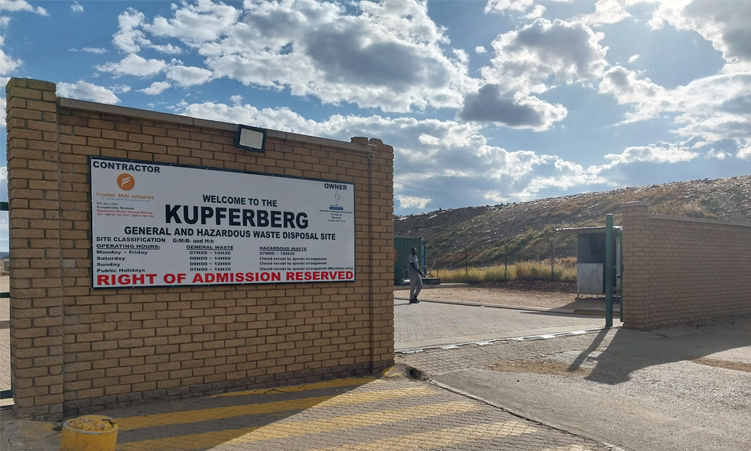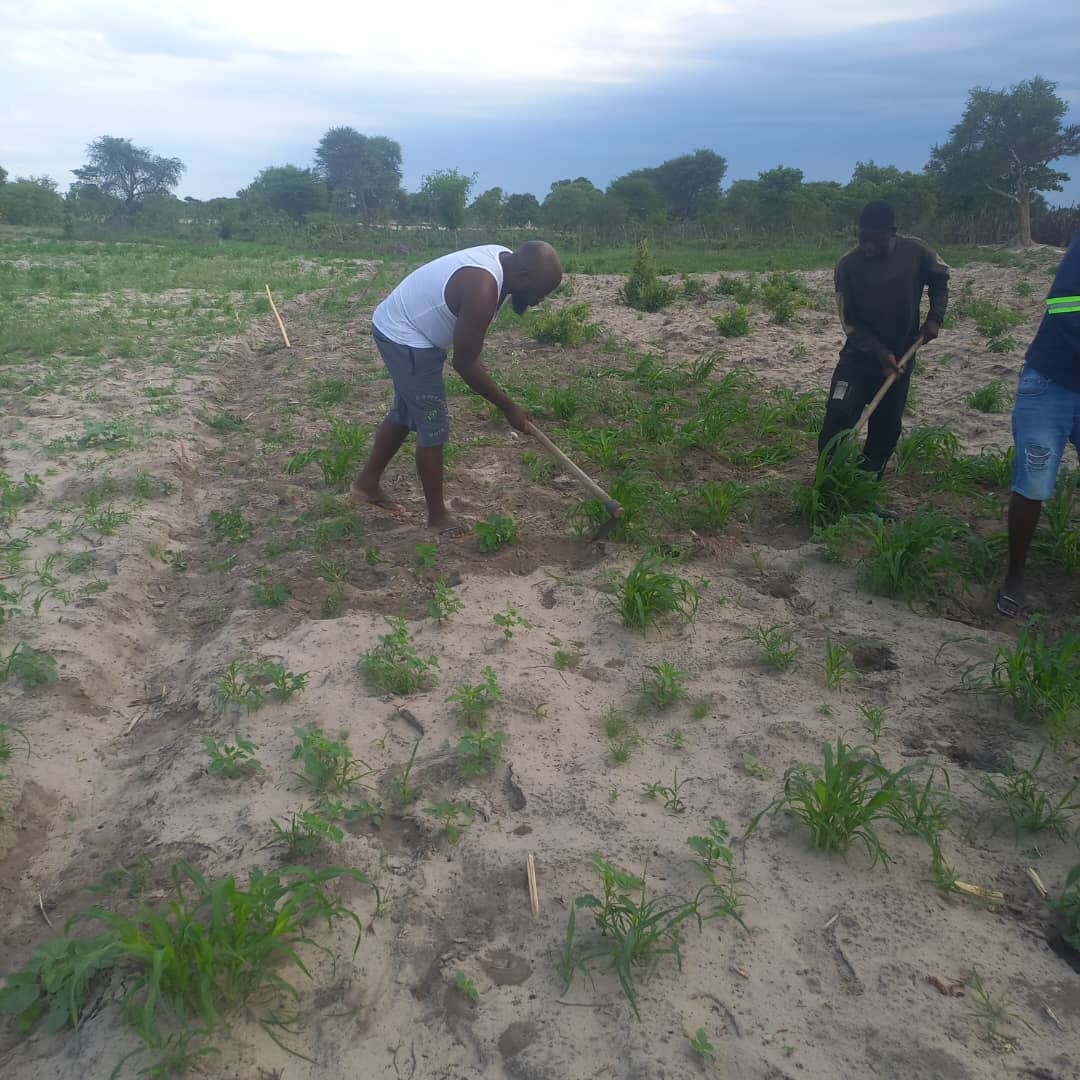Fees collected from the Windhoek residents for their waste management have been profitable for the municipality, which made N$127 million from waste management fees from 2017 to last year.
However, it needs urgent expansion. Now, the Windhoek municipality is looking for financing options to expand the Kupferberg landfill after the council gave the executives the go-ahead on Monday.
The council estimates that the capital inlay for the expansion project is N$171,6million, and the payback period would be approximately 12 years.
According to the documents, the Kupferberg landfill site is a revenue-generating operation, which is profitably operated.
The highest revenue the council collected from waste management was N$31,3million in 2019/2020 and the lowest was N$16,8million in 2016/2017.
Last year, the council collected N$27,9m from residents.
The city council outsources the daily operations and maintenance of Kupferberg landfill to contractors whose contracts are renewed bi-annually.
Over the last five years, their fees have cost the municipality N$58,7million. Last year, the municipality paid N$11,7million for the services.
The council documents reveal that the city’s general waste disposal cell life only has three years left, while the hazardous waste disposal cell has two years left.
“However, to ensure the continuation of the project and the city’s obligation to provide a suitable landfill for waste disposal, the construction phase of the expansion project needs to commence immediately,” the documents read.
The council expects the construction phase of the expansion project to take about two years to complete.
The expansion of the Kupferberg landfill site is crucial to ensure that all waste generated within the city is managed in a safe and optimal manner.
An assessment of the Kupferberg landfill shows that it can be financially successful on its own, as it is expected to generate N$38,3million in profit over 15 years. However, it will require an investment of N$171million – to be paid back at a rate of N$22,5million per year – with an additional N$27,5million required in the first five years to cover shortfalls.
The main issue is that the revenue generated by the landfill is currently being used to support other parts of the council’s services.
Therefore, the landfill will need to generate an additional minimum N$11million in revenue each year to be financially feasible. Without this extra revenue, the project will not be sustainable.
Therefore, the council must ensure that the revenue gap is filled to make the landfill project financially viable and to support the council’s overall sustainability.
Stay informed with The Namibian – your source for credible journalism. Get in-depth reporting and opinions for
only N$85 a month. Invest in journalism, invest in democracy –
Subscribe Now!







